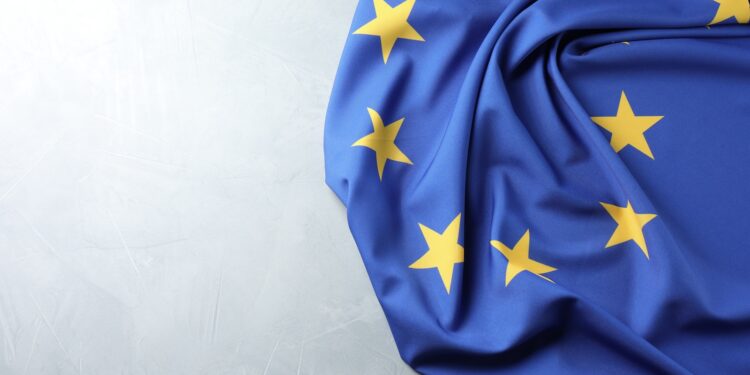A digital tax in the EU has long been discussed. The measure was intended to primarily affect large US technology companies like Apple, which earn billions in Europe. Now it's clear: The EU Commission is abandoning these plans—at least for the time being. This changes the strategic direction for debt repayment after the pandemic.
The European Commission originally wanted to generate new revenue with a digital tax. The idea was to increase the contribution of large digital companies like Apple to EU funding. But shortly before the publication of the draft budget for the years from 2028 onwards, the situation is changing. An internal document leaked to POLITICO shows that the digital tax has been removed from the proposal. Instead, the Commission is relying on other levies, such as those on tobacco products, electronic waste, and high corporate turnover.
Plans for digital tax are scrapped
The digital tax has been part of the EU's budget planning since May. It was intended to help pay off the joint debt incurred in the wake of the pandemic. Negotiations with the US on a new trade agreement are now in their final stages. The Commission apparently wants to avoid conflicts in this regard. Therefore, the digital tax has been removed from the list of potential sources of revenue for the time being. The leaked draft instead lists other sources of revenue. The Commission expects that these could bring between €25 and €30 billion into the EU coffers annually from 2028. However, the digital tax is no longer mentioned in the paper. The EU is thus foregoing an instrument that was originally specifically tailored to companies like Apple and other providers of digital services.
What is proposed instead
Instead of the digital tax, the document names three new levies that are intended to contribute to debt repayment:
- An EU-wide tax on tobacco products. Currently, cigarettes and similar products are taxed only at the national level.
- A levy on discarded electronic devices (e-waste).
- A corporate tax for companies with an annual turnover of over 50 million euros in the EU.
Apple would also fall under this final regulation. However, digital business models will no longer be treated separately.
- This means no special regulations for providers of digital services such as app stores, streaming services, or online advertising. Unlike the previous digital tax plan, Apple will no longer be specifically targeted, but will simply be viewed as a large company with high revenues.
Political resistance to new proposals
The implementation of the new taxes is not yet certain. Several member states have already expressed concerns. Italy, Greece, and Romania oppose additional taxes on e-cigarettes and vapes. Sweden fundamentally rejects the idea of sharing national tax revenues with the EU. From Sweden's perspective, this is "completely unacceptable," the report states. The document itself is also still preliminary. It is the current draft as of last week. There may still be changes before the budget is officially published on July 16. However, the general direction suggests that the digital tax approach has been abandoned for the time being.
Apple remains spared for the time being
This development is advantageous for Apple. While the company will still have to expect a general corporate tax, it will no longer be taxed specifically for its digital services. This eliminates a risk that has repeatedly sparked debate in the EU. In the past, Apple has repeatedly been criticized for using legal but controversial tax structures to book profits in countries with low tax rates. The digital tax could have provided a countermeasure. The fact that it has now been abolished provides some relief – not only for Apple, but also for other US tech companies such as Meta and Amazon.
Digital tax abolished – geopolitical reasons in focus
The EU Commission has decided not to introduce a digital tax for the time being, despite the intense debate over the matter in recent years. This move is linked to ongoing negotiations with the US and demonstrates how strongly geopolitical considerations can influence EU tax policy. Instead, Brussels is relying on alternative levies. Whether these proposals are politically feasible remains to be seen. For Apple, this represents temporary relief, even if it does not end the debate about fair taxation of international tech companies. (Image: Shutterstock / New Africa)
- Apple reshuffles leadership after Jeff Williams resigns
- iOS 18.6 Beta 3 released: All information about the changes
- Apple TV+ cracks the top 5 streaming series in 2025





